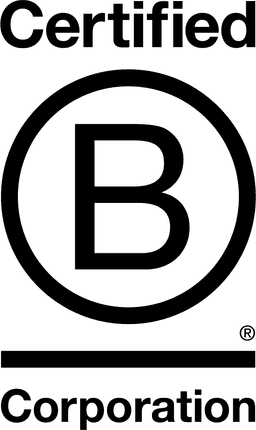

Exim Group

Suffolk, United Kingdom
July 2024
Transportation support
Service with Minor Environmental Footprint
United Kingdom
Exim group are an international freight specialist - we help you navigate the complexities of global cargo movement. Our team arranges efficient and cost-effective logistics solutions to move goods anywhere internationally. Our experts will get to know your business and provide tailored solutions that fit your unique needs. We have a deep understanding of industries like food and beverage, packaging, cosmetics, and more. We'll work closely with you to develop a customised logistics strategy that streamlines your supply chain We also offer sustainable freight auditing to ensure your cargo is transported ethically and responsibly. Our expertise helps you make informed decisions about your supply chain, reducing environmental impact and costs. We are able to calculate the carbon emissions of your shipment, keeping you informed about your carbon footprint. This enables you to make data-driven decisions that align with your sustainability goals. By partnering with us, you can trust that your cargo is moving efficiently, ethically, and sustainably
Overall B Impact Score
Governance 20.4
Governance evaluates a company's overall mission, engagement around its social/environmental impact, ethics, and transparency. This section also evaluates the ability of a company to protect their mission and formally consider stakeholders in decision making through their corporate structure (e.g. benefit corporation) or corporate governing documents.
What is this? A company with an Impact Business Model is intentionally designed to create a specific positive outcome for one of its stakeholders - such as workers, community, environment, or customers.
Workers 36.7
Workers evaluates a company’s contributions to its employees’ financial security, health & safety, wellness, career development, and engagement & satisfaction. In addition, this section recognizes business models designed to benefit workers, such as companies that are at least 40% owned by non-executive employees and those that have workforce development programs to support individuals with barriers to employment.
Community 23.2
Community evaluates a company’s engagement with and impact on the communities in which it operates, hires from, and sources from. Topics include diversity, equity & inclusion, economic impact, civic engagement, charitable giving, and supply chain management. In addition, this section recognizes business models that are designed to address specific community-oriented problems, such as poverty alleviation through fair trade sourcing or distribution via microenterprises, producer cooperative models, locally focused economic development, and formal charitable giving commitments.
Environment 10.3
Environment evaluates a company’s overall environmental management practices as well as its impact on the air, climate, water, land, and biodiversity. This includes the direct impact of a company’s operations and, when applicable its supply chain and distribution channels. This section also recognizes companies with environmentally innovative production processes and those that sell products or services that have a positive environmental impact. Some examples might include products and services that create renewable energy, reduce consumption or waste, conserve land or wildlife, provide less toxic alternatives to the market, or educate people about environmental problems.
Customers 3.7
Customers evaluates a company’s stewardship of its customers through the quality of its products and services, ethical marketing, data privacy and security, and feedback channels. In addition, this section recognizes products or services that are designed to address a particular social problem for or through its customers, such as health or educational products, arts & media products, serving underserved customers/clients, and services that improve the social impact of other businesses or organizations.